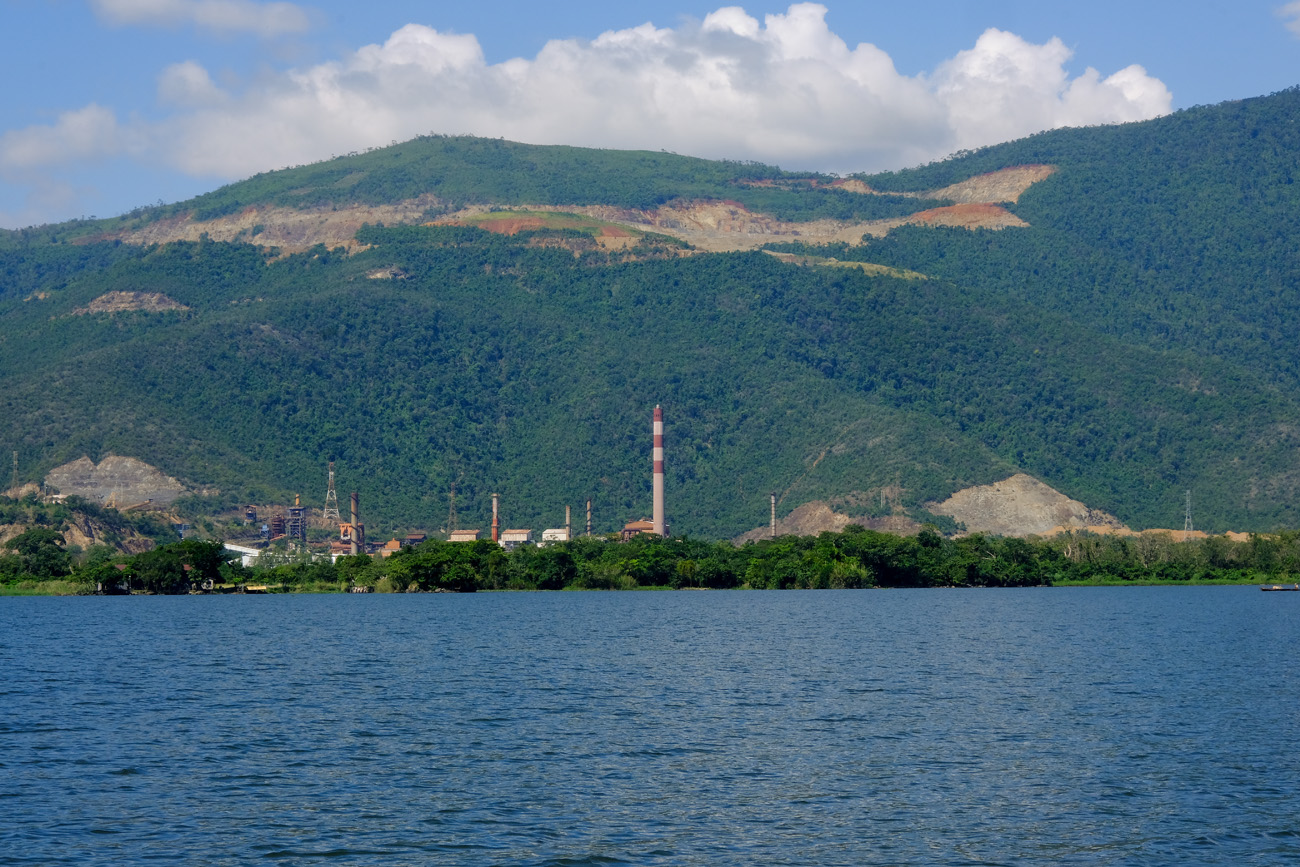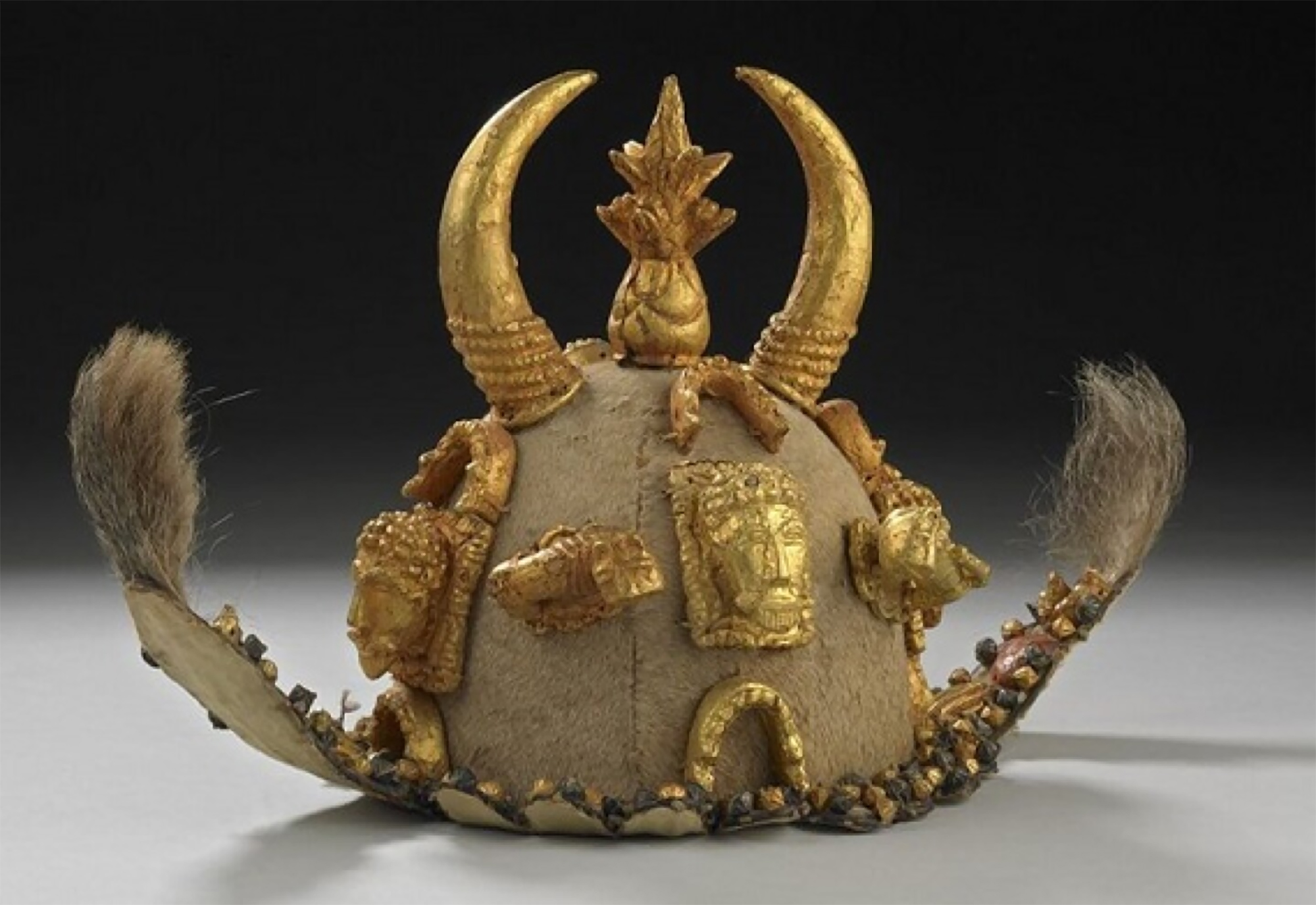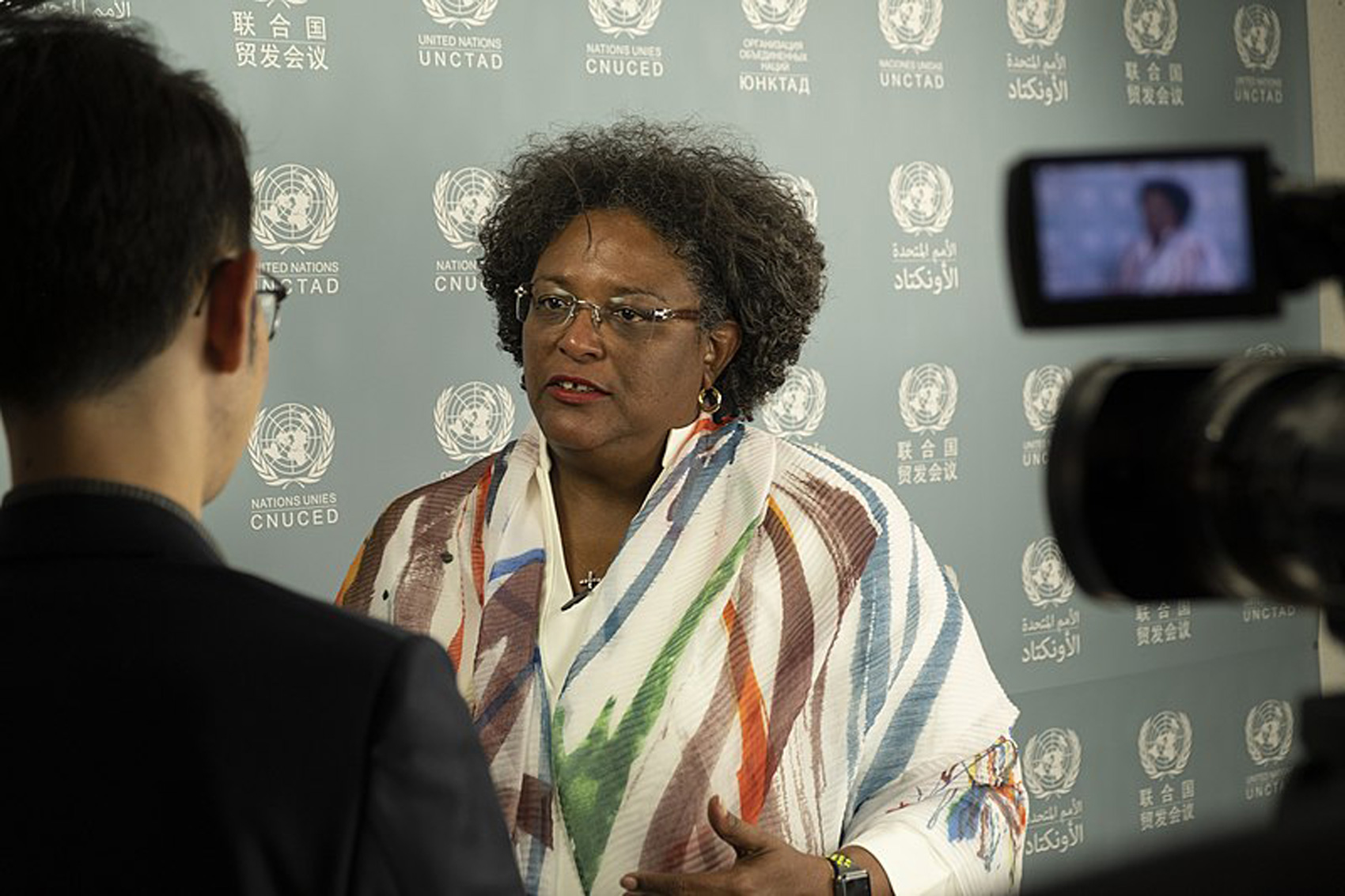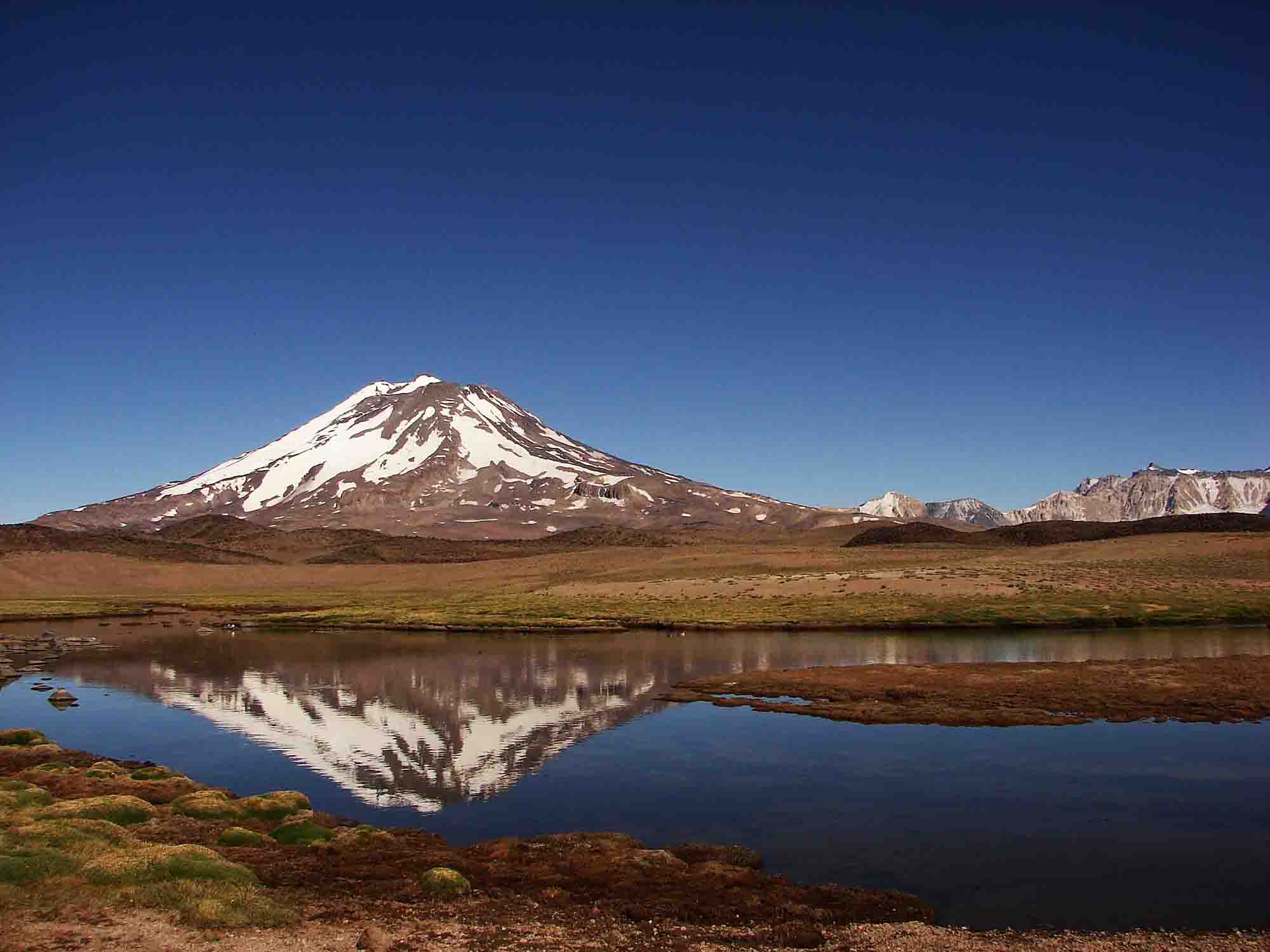United Kingdom "regrets" the murder of majorities in New Zealand 250 years ago
- It is 250 years since the arrival in New Zealand of James Cook, captain of the British Empire. A representative of the British Government has "regretted" the murder of the majorities for the first time in the UK in early October. Members of the Maori community have denounced that these are empty words.

The Aoteo, the name used by the Maors for their lands, the process of subjecting the lands of the present New Zealand to the British empire, was carried out by the well-known conqueror captain James Cook. Cook's arrival in New Zealand has been the subject of official acts that have caused controversy and protests by the Maori in the region.
In this context, the UK High Commissioner in New Zealand, Laura Clark, has described the murders of Maori as "regrettable" in a meeting with Iwi ethnic teachers in Gisborne. Clark's declarations were made a few days before the annual landing of "cookies".
In short, one of the massacres committed by the British Empire 250 years ago has been “lamented” by the government in private, with a small mouth and without asking for forgiveness. Subsequently, in addition to cooperating in the events in favour of James Cook and his armed expedition, representatives of the Government will participate in them.

Tina Ngata, a lawyer for the rights of the Maori, is a member of initiatives that are being developed against the celebrations for Cookies. In his opinion, the words of the English are not enough, you cannot celebrate the arrival of the colonizers and speak for reconciliation.” “Cook was a murderer, an invader and he was the vanguard of the expansion of the British Empire,” he said. “Of course, for white supremacists to celebrate the arrival of the land thief is a great thing, which is why we will protest.”
The Maorias are organizing protests these days to deal with the landing of James Cook. The initiatives against the praise of the figure of the conqueror are not new. Last year, at Gisborne, the statue was removed in her honor from the murdered young woman.
Half an hour of peace
Close to the present city of Gisborne, where the Turanganui River is located 250 years ago, the conquerors and maories of the British Empire were found for the first time. They arrived at around 16:00 hours, and half an hour later, the group leader Maorien Ngāti Oneone, Te Maro, was killed. In a few hours Europeans killed eight other teachers. The result of the first union between the indigenous and white men was the antecedent of the looting and massacres that would follow.
The Centre Tricontinental has described the historical resistance of the Congolese in the dossier The Congolese Fight for Their Own Wealth (the Congolese people struggle for their wealth) (July 2024, No. 77). During the colonialism, the panic among the peasants by the Force... [+]
Ghana, 1823. The first war begins between the Ashanti Empire and the British. In total, there were four wars that lasted until 1901. Previously, Europeans controlled the country’s Gold Coast. But the abolition of slavery in 1807 led to the decline of the coastal business and... [+]
The Internet is a territory under debate. These debates affect the future of our democracies and our paths to climate and social and environmental justice. In these struggles, for us to do our job, we need to know the dynamics of the Internet. To better understand a territory, a... [+]
Mali (2020), Guinea (2021), Burkina Faso (2022) Niger (2023) and now Christmas. Each State has its own socio-political reality, and the Western view cannot make generalities. Every coup has its peculiarities and reasons, because Africa is vast and each people has its own... [+]
Since the twentieth century we have come out with a grave fear of words. We did not go further into naming things, everything is circumvolution, metaphor and euphemism as if we tried to alleviate the harsh reality: Elkano did not share the dream of the king of Portugal and from... [+]






















